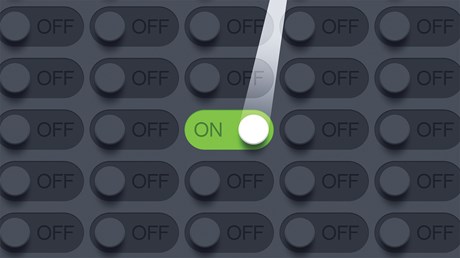Legal definitions of privacy focus on these three key areas of protection.

The Universal Declaration of Human Rights puts the right to privacy between right to be presumed innocent and freedom of movement: “No one shall be subjected to arbitrary interference with his privacy, family, home or correspondence, nor to attacks upon his honour and reputation. Everyone has the right to the protection of the law against such interference or attacks.”
The US has long wrestled with what “privacy” means in a legal context but has taken much of its cues from Supreme Court Justice Louis Brandeis, whose 1890s Harvard Law Review article defined privacy as “the right to be let alone.”
“The principle underlying the Fourth and Fifth Amendments is protection against invasions of the sanctities of a man’s home and privacies of life. This is a recognition of the significance of man’s spiritual nature, his feelings, and his intellect,” Brandeis wrote. Since his influential article, US law has centered on three areas of privacy protection.
The first is privacy in the home, and it’s the most established legal right. “A man’s house is his castle” dates as far back as John Adams, who heard the statement in a Boston courtroom, defending then-colonists against searches by the British king. The founders eventually ratified the Fourth Amendment to the Constitution—the one that protects “persons, houses, papers, and effects.” Police to this day need a warrant to physically enter a house. The Supreme Court has validated this again and again, even in cases, for instance, where cops have camped next door and used a microphone to listen through walls.
Related is the individual’s privacy protection from government in particular. ...
from
http://feeds.christianitytoday.com/~r/christianitytoday/ctmag/~3/PI9eXNsi6oo/how-law-defines-privacy.html
No comments:
Post a Comment